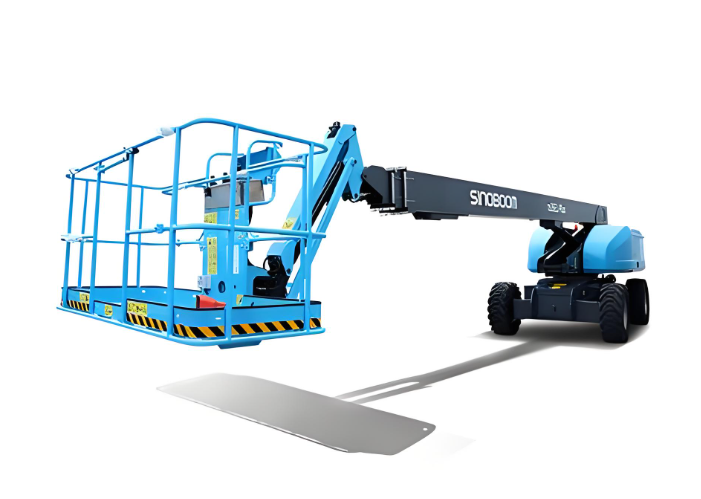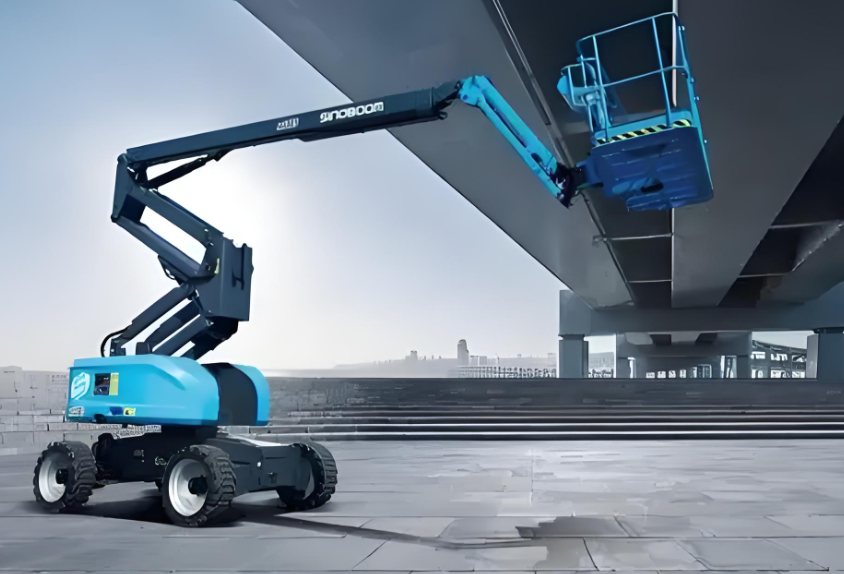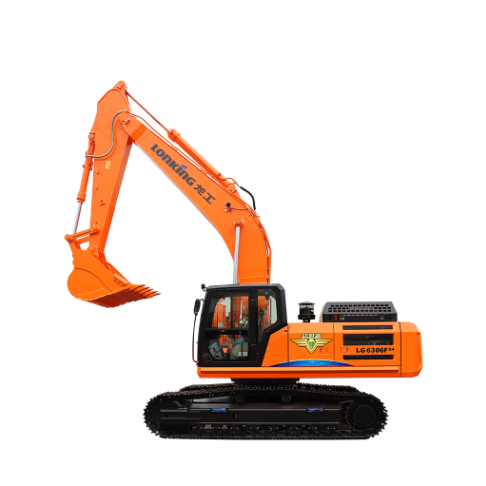road roller speed
Road roller speed is a critical factor in achieving optimal compaction results during construction and road building projects. Modern road rollers are designed to operate at various speeds, typically ranging from 0 to 12 kilometers per hour, allowing operators to adjust the speed according to specific project requirements. The speed capability of road rollers directly influences the quality of compaction, productivity, and overall project efficiency. These machines integrate advanced hydraulic systems and powerful engines that enable precise speed control, ensuring consistent compaction across different surface types. The speed settings are carefully calibrated to match different material types, layer thicknesses, and environmental conditions. Most contemporary road rollers feature electronic control systems that automatically adjust the speed based on real-time feedback from the compaction process. This intelligent speed regulation helps prevent over-compaction and ensures uniform density throughout the surface. The ability to maintain consistent speed during operation is crucial for achieving the desired material density and preventing surface irregularities. Modern road rollers also incorporate safety features that limit maximum speeds on slopes and during turns, protecting both the operator and the quality of the work.



